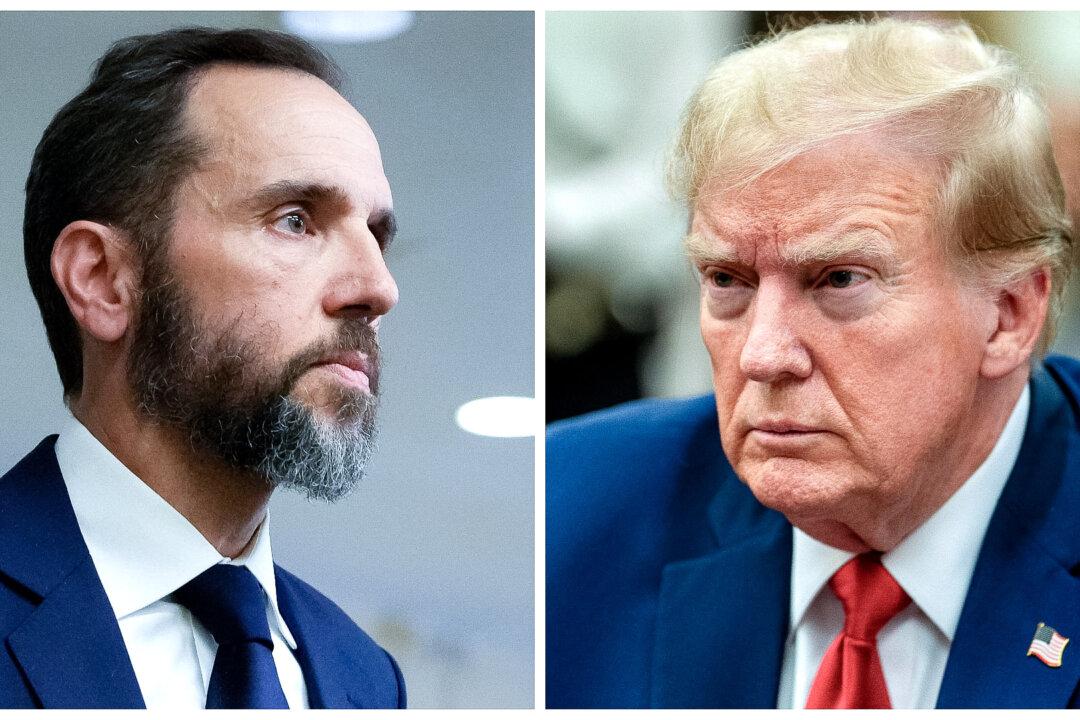Former President Donald Trump on Monday filed a court motion asking the judge in his classified documents case to strike down special counsel Jack Smith’s request for a gag order and impose sanctions on the special counsel and all government attorneys who took part in the decision to file the “unconstitutional” request to muzzle the former president.
In a motion filed in a Florida court on May 27, the former president’s attorneys argued against Mr. Smith’s recent request for Judge Aileen Cannon to impose a gag order on President Trump that cited danger to law enforcement following President Trump’s critical remarks about “deadly force” authorization for the 2022 FBI raid on his Mar-a-Lago property.





